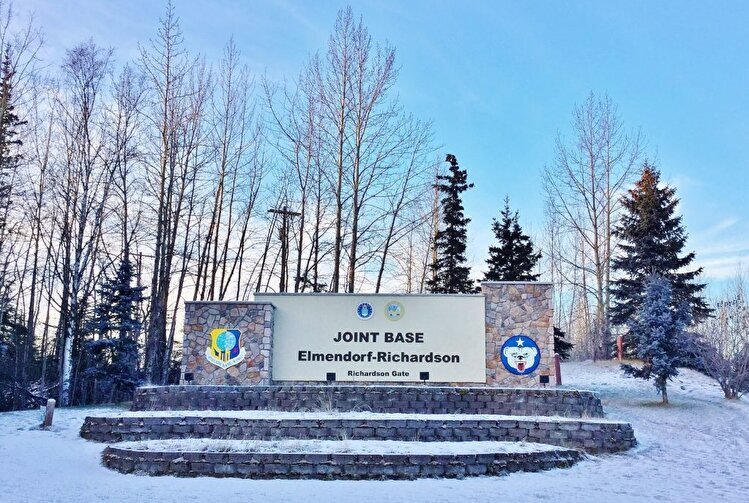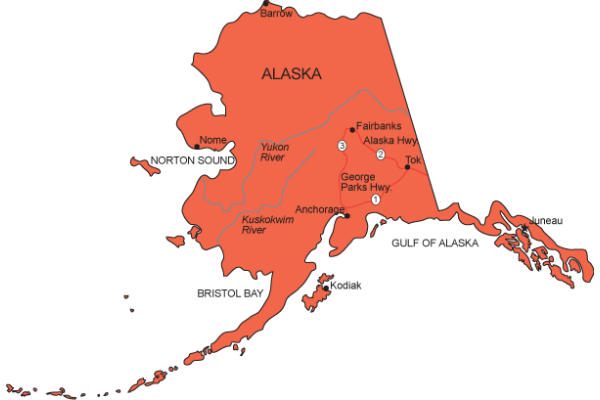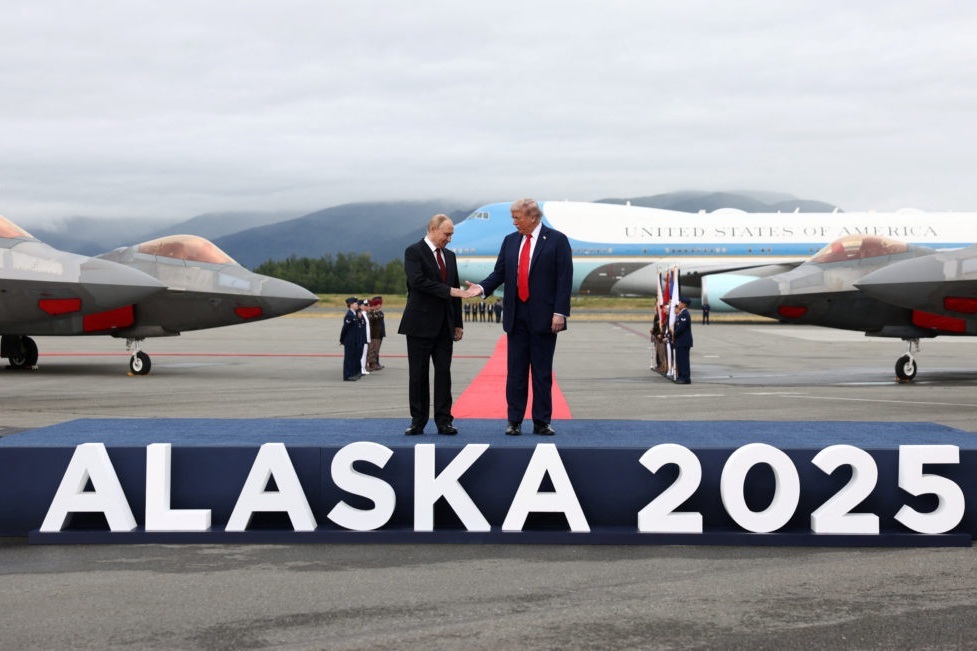Why Did Russia Sell Alaska to America?
TEHRAN (Defapress) - The U.S. president had warned on Wednesday, following an online discussion with European leaders and Volodymyr Zelenskyy, that Putin would face severe consequences if he refused a ceasefire. The high-stakes meeting took place at Joint Base Elmendorf-Richardson, a military installation near Alaska’s most populous city. Spanning 64,000 hectares, this base is a key site for Arctic military exercises.

During a 2019 visit to the base, Trump remarked, “This is the frontline of America’s defense.” The U.S. purchased Alaska from Russia in 1867. Yuri Ushakov, an aide to the Russian president, noted in an August 9 press conference that “the U.S. and Russia are neighboring countries,” referencing the Bering Strait, a mere 80 km separating the two nations.
Russia’s Colonial Rule and the Brutal Suppression of Alaska’s Indigenous People
In 1725, Peter the Great dispatched Danish explorer Vitus Bering to survey Alaska’s coast. Rich natural resources, including sea otter pelts, and a sparse population drew Russia’s interest. By 1799, Emperor Paul I granted a Russian-American company exclusive control over Alaska. State-backed settlers established towns like Sitka after Russia brutally crushed the indigenous Tlingit tribe in 1804.
However, Russia’s ambitions in Alaska soon faced challenges: vast distance from the capital (St. Petersburg), harsh climate, scarce resources, and competition from American explorers. By the mid-19th century, Russia realized it lacked the means to sustain large settlements or a military presence in the Pacific.
The Impact of the Crimean War
The Crimean War (1853–1856) began when Russia invaded territories now part of Romania. In response, Britain and France, fearing Russia’s expansion into Ottoman trade routes, allied against it. The conflict centered on Crimea, where Anglo-French forces targeted Russia’s Black Sea positions. The Black Sea, linked to the Mediterranean via the Bosphorus and Dardanelles, was then under Ottoman control.
After three years and £160 million in losses, Russia suffered a humiliating defeat, forcing a colonial policy reassessment. By 1860, Tsar Alexander II concluded that selling Alaska to the U.S. would fund Russia’s needs and prevent British annexation in future wars. The deal was finalized in 1867.

Controversy Over the Alaska Purchase
Post-U.S. Civil War (1865), Secretary of State William Seward agreed to buy Alaska for $7.2 million, less than 2 cents per hectare (4 meters). The 1.5 million km² acquisition secured America’s Pacific foothold. Yet, critics dismissed the icy wilderness as worthless, lampooning Seward’s decision.
The New York Daily Tribune (April 1867) wrote: “We obtained snowbound deserts, rugged terrain, stunted forests, and vast wastelands.” However, the 1896 gold rush proved Alaska’s value. Its strategic importance grew, culminating in statehood in January 1959.

Alaska’s Economy
Until the early 20th century, Alaska relied on gold. Fishing and copper mining later boomed. WWII military bases spurred infrastructure and population growth. The pivotal shift came with Prudhoe Bay’s massive oil discovery on the Arctic coast.
Today, oil revenues fund public services and provide residents with annual dividends from extraction profits, a unique system eliminating income and sales taxes. Once mocked as “Seward’s Folly,” Alaska now thrives on natural resources, fishing, and tourism, with its national parks and glaciers drawing global visitors.
